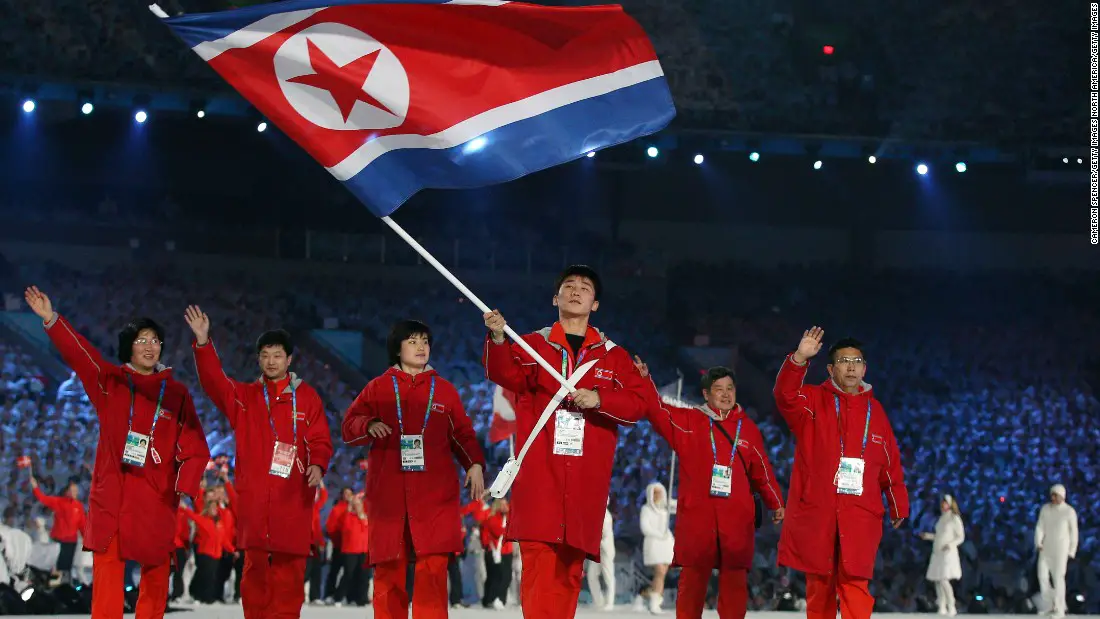
Besides speed skating and curling, the endurance sport of politics took place in Pyeongchang. It was a competition with few contestants – the United States, North Korea and South Korea – but with high stakes: relaxation on the Korean Peninsula and the prelude to dialogue with the nearly nuclear power of North Korea.
Politics almost always plays a role in the Olympic Games, no matter where the circus lands. But location and timing made the 2018 Winter Games an extraordinary geopolitical event.
Host South Korea seized the games as an opportunity to improve relations with the neighbors. North Korea used the games to boost its image. A summit meeting took place before the games began, and the military hotline was reinstated. The Olympic rapprochement went as far as having the two Koreas jointly set up one ice hockey team.
During the opening ceremony, Kim Jong Un’s sister, Kim Yo Jong, took a seat on the VIP stand and invited South Korean president Moon Jae-in for a visit to the north. There was no invitation for a meeting with the American vice president, seated in the same stand. North Korea also deployed a cheerleading brigade to generate goodwill. The choreographed performance of 230 women in red ski suits looked cheerful, but these are women who are selected at a young age for a life of service to the male elite in Kim’s dark dictatorship.
These were not the games of Korean fraternization. For the closing ceremony, North Korea sent a general with a dubious reputation, Kim Yong Chol, who is on the American sanctions list. He is thought to be responsible for the sinking of a South Korean naval vessel, which caused the death of 46 people. Washington sent White House adviser Ivanka Trump in hope of regaining ground in the propaganda battle, but also announced new sanctions.
Yet something has shifted. Both the Americans and the North Koreans have said that they are open for exploratory talks. That would be a big step forward should this happen. Then Pyeongchang would not only have won records but will have also achieved Olympic thinking in a unique way.
There is still reason for suspicion. Fundamentally nothing has changed yet, and it is possible that North Korea only wanted to win time to optimize its weapons program and to drive a wedge in the precarious international coalition that keeps pressuring the country with economic sanctions.

Leave a Reply
You must be logged in to post a comment.